
Gidon Kremer is a Latvian classical violinist, artistic director, and founder of Kremerata Baltica.

The N. A. Rimsky-Korsakov Saint Petersburg State Conservatory is a school of music in Saint Petersburg, Russia. In 2004, the conservatory had around 275 faculty members and 1,400 students.

Kremerata Baltica is a chamber orchestra consisting of musicians from Baltic countries. It was founded by Latvian violinist Gidon Kremer in 1997. Gidon Kremer is an artistic director of Kremerata Baltica.
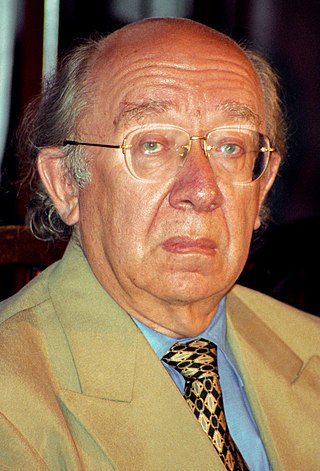
Gennady Nikolayevich Rozhdestvensky, CBE was a Soviet and Russian conductor, pianist, composer and pedagogue.

Leonid Borisovich Kogan was a preeminent Soviet violinist during the 20th century. Many consider him to be among the greatest violinists of the 20th century. In particular, he is considered to have been one of the greatest representatives of the Soviet School of violin playing.
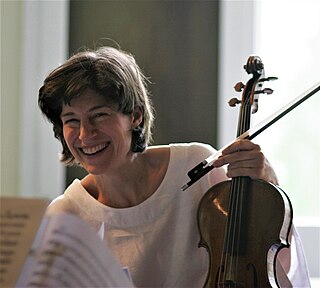
Kim Kashkashian is an American violist. She has spent her career in the U.S. and Europe and collaborated with many major contemporary composers. In 2013 she won a Grammy Award for Best Classical Instrumental Solo. She is recognized as one of the world's top violists.
Levon Ambartsumian is an Armenian classical violinist and conductor. Levon Ambartsumian currently lives and works in Athens, Georgia, United States.

Leonid Arkadievich Desyatnikov is a Russian composer who first made a reputation with a number of film scores, then achieving greater fame when his controversial opera The Children of Rosenthal was premiered at the Bolshoi Theatre in Moscow.
Marjan Mozetich is a Canadian composer who has written music for theatre, film and dance, as well as symphonic works, chamber music, and solo pieces. He has written compulsory competition pieces for the 1992 Banff String Quartet Competition and the 1995 Montreal International Music Competition. Co-founder of Arraymusic in Toronto, Mozetich served as their artistic director from 1976 to 1978. After his work with Array, he worked for some time at the University of Toronto music library, and then became a freelance composer. Mozetich moved to Howe Island, near Kingston, Ontario, and taught composition at Queen's University in Kingston from 1991 to 2010. He has won several awards, including the first prize in the CAPAC (SOCAN)-Sir Ernest MacMillan Award. His major compositions include Fantasia... sul linguaggio perduto and Postcards from the Sky.

The Sonata for Arpeggione and Piano in A minor, D. 821, was written by Franz Schubert in Vienna in November 1824. The sonata is the only substantial composition extant today for the arpeggione. The sonata was composed in November 1824, about a month after Schubert had returned to Vienna from his second stay in Zseliz. It has been adapted to other string instruments, especially the cello. It can be played on the GuitarViol which is a Modern Arpeggione.
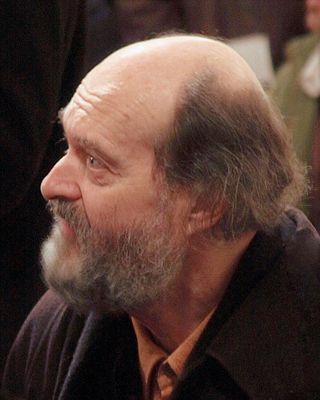
Tabula Rasa is a musical composition written in 1977 by the Estonian composer Arvo Pärt. The piece contains two movements, "Ludus" and "Silentium," and is a double concerto for two solo violins, prepared piano, and chamber orchestra.
Ioana Petcu-Colan is an Irish violinist of Romanian origin, currently living in Bangor, County Down, Northern Ireland.
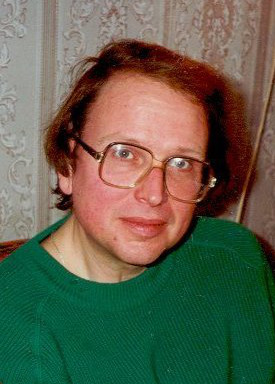
Alexander Ivashkin, was a Russian cellist, writer, academic and conductor. He was a professor of music and the Chair of Performance Studies at Goldsmiths, University of London since 1999, the director of the Centre for Russian Music, and the curator of the Alfred Schnittke Archive. In 1996, he published the first English-language biography of the composer Alfred Schnittke.
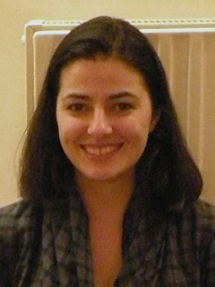
Dobrinka Tabakova is a Bulgarian-British composer.

The GAIA Music Festival was founded by violinist Gwendolyn Masin. The festival is hosted annually, usually in the month of May, in Oberhofen and Hilterfingen, as well as the cities of Thun and Berne. The Festival is non-profit. From 2010 until 2014, the Patron of the Festival was David Zinman.

New Era Orchestra is an orchestra from Kyiv, Ukraine, founded in 2007 by its conductor and artistic director Tetiana Kalinichenko. The orchestra plays both contemporary and classical music. Among others, the orchestra has performed with renowned soloists such as Joshua Bell, Sarah Chang, Avi Avital and Danjulo Ishizaka.
The Concerto Grosso No. 1 was the first of six concerti grossi by Soviet composer Alfred Schnittke. It was written in 1976–1977 at the request of Gidon Kremer and Tatiana Grindenko who were also the violin soloists at its premiere on 21 March 1977 in Leningrad together with Yuri Smirnov on keyboard instruments and the Leningrad Chamber Orchestra under Eri Klas. It is one of the best-known of Schnittke's polystylistic compositions and marked his break-through in the West.
Elena Langer is a Russian-born British composer of opera and other contemporary classical music. Her work has been performed at the Royal Opera House, Zurich Opera, Carnegie Hall, Richard B. Fisher Center for the Performing Arts, Stanislavski and Nemirovich-Danchenko Moscow Academic Music Theatre, Shakespeare's Globe, Wigmore Hall, Opera national du Rhin, Strasbourg, and Milton Court, Barbican Centre. She studied piano and composition at the Gnessin State Musical College in Moscow and composition at the Moscow Conservatoire; in 1999 she moved to London and studied composition at the Royal College of Music (1999–2000) with Julian Anderson and the Royal Academy of Music (2001–03) with Simon Bainbridge.
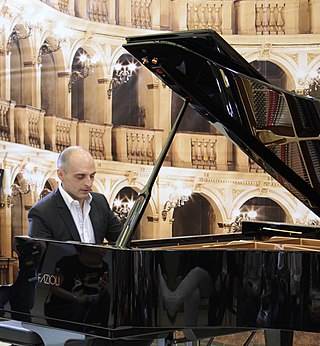
Ivan Yanakov is a Bulgarian-born pianist and conductor. He has performed on four continents, with a repertoire ranging from the Baroque era to contemporary.
Sinfonietta Rīga is a state chamber orchestra in Latvia founded in 2006. Consisting of young students, the orchestra is influenced by Western and Eastern culture. Arvo Pärt's works were presented by the ensemble at the Elbphilharmonie, Hamburg. The chamber ensemble has recorded with WERGO and Ondine. Since 2006, Normunds Šnē has been artistic director, Paavo Järvi has been guest conductor. Beside Western repertoire, Sinfonietta Rīga often plays Latvian and Baltic music and commissions works by contemporary Latvian composers. Important are collaborations with Jörg Widmann, Christian Lindberg and Martin Grubinger. Another orchestra from Riga is the Latvian National Symphony Orchestra.














